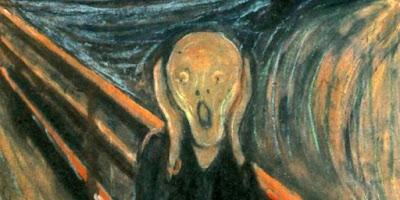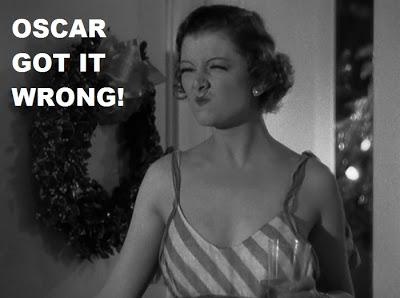
I didn’t really feel like watching a movie today. That’s not something I say that often.
Over the last several days/weeks/feels like forever, allegations of sexual misconduct/abuse have come out against people in the entertainment industry. Virtually all of these have been verified or admitted. More are almost certainly going to come. Beloved figures are being toppled with likely more pillars of the entertainment industry set to fall as well. As painful as all of this is, it’s necessary. This is something that needed to happen and has been needed, clearly, for a long time.
This is a blog about movies. It’s always been a blog about movies and not much more than that. I don’t put my politics here very often (if ever) and I don’t do a great deal of commentary on the film industry. I talk about the films themselves. I don’t talk about the actors; I talk about the performances. I deal with narrative more than anything else. But this has substantially and categorically changed the way that many people are and will be looked at in the future, and it calls into question a number of important moral issues when it comes to both art and artist.
This is not a new question, and it’s one I’ve struggled with before. Dealing with the 1001 Movies list brought me into contact with despicable films like Triumph of the Will. It’s hard to deny that there is a primal power in the way that film was made, and it’s also undeniable that the film is morally repellent. Do we judge the message or the artistic quality? In a film like that, it’s an easier call to make. It’s hard to deny Leni Riefenstahl’s talent as a filmmaker and it’s easy to categorically castigate her for the way in which she allowed that talent to be used.
What about Birth of a Nation? This is a film that glamorized the KKK, probably doing more to increase its membership in the early part of the last century more than anything else in history. It is again a morally repugnant film, showing Klan members as heroes, protecting the genteel and honorable South from the predation of men depicted as little more than animals. The message is awful. And at the same time, it is almost impossible to understand film as a medium without seeing Birth of a Nation. In many ways, it created the cinematic language that we know. We know how to watch movies and know what to watch for because this movie exists and influenced everything that followed it.
The list here is endless. Hitchcock is routinely cited as one of the great directors in film history and he was notoriously vicious to his leading ladies. He notably traumatized Tippi Hedren and so dominated and curtailed her career that she is forever linked with him. Roman Polanski, accused of child molestation, has not set foot in the U.S. for decades and continues to make acclaimed films. The same can be said of Woody Allen. Allegations sprang up last year regarding Casey Affleck, who nonetheless won an Oscar for Manchester by the Sea. And on and on it goes.
How do we judge now the works of a Kevin Spacey, rightfully regarded as one of the most talented actors of this generation and now rightfully revealed as a predator and monster? Judging the person is easy. Judging the art? That’s not necessarily so easy.
The simplest answer is to avoid the artist. The Usual Suspects, Glengarry Glen Ross, Seven, American Beauty all assigned to the ash heap. Doing so gives a unique power to that accused individual. The work of hundreds of people lie in those films, and not just those who appear on the screen. By avoiding the films entirely, we negate huge parts of the careers of other people who, as far as we know, are blameless. Do we lose Diane Keaton in Annie Hall because Annie Hall was written and directed by someone who has turned out to be a monster? What did Diane Keaton do to deserve that other than have terrible luck? How do I react to dealing with at least two more unwatched Woody Allen films on my Oscar lists? Is it now even possible to look at them objectively? How do I deal with Best Actor 1999, knowing that Kevin Spacey won and may well have turned in the best male lead performance of that year while simultaneously knowing what I know about him now?
I don’t know. Plenty of great art has been created by terrible human beings. In the case of movies, much of that art was created by other people as well, people who are not terrible human beings.
Can we love the art without at least a little loving the person behind the art? Do we love the art while viewing it in the context of what we know now? Can we separate art and artist completely?
I don’t know. But at the same time, I don’t know how we seem to have managed to do that already for so long without thinking about it. I genuinely love the movie Chinatown. I think it’s a masterpiece of film and storytelling, and even with the first time I watched it, I knew about Polanski. Shouldn’t that have mattered then? If it didn’t, should it matter now? This is a real question. There is almost no way from this point moving forward that a Kevin Spacey film doesn’t come up without having an asterisk next to it. Should we do the same for Hitchcock or Griffith? Do the older works get a pass because we were naïve about those things until after the artist in question died?
This is where I am with this now. This blog has always been about the movies, and it will continue to be. But I can change the picture I’ve used for when Oscar doesn’t do well on Mondays and Fridays. Starting now, I’ll be using this:

Please, your comments are truly welcome on this.
